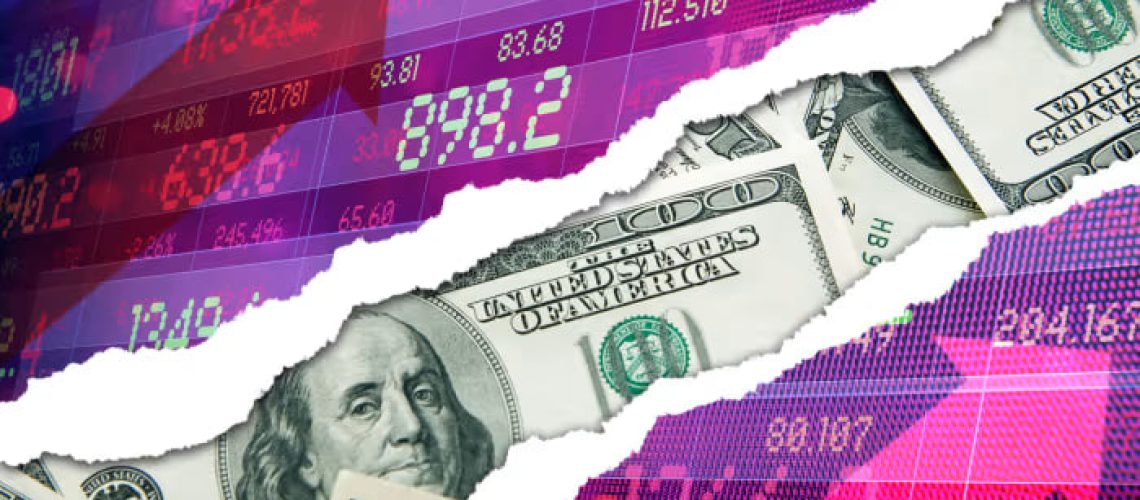The EUR/USD pair edged lower on Wednesday as contrasting signals from the European Central Bank (ECB) and the US Federal Reserve (Fed) influence market sentiment. Recent ECB commentary suggests a strong possibility of an interest rate cut in June, while the Fed appears more divided on the timing of potential cuts. This divergence contributes to Euro weakness and downward pressure on the EUR/USD pair, as lower rates often deter foreign investment.
ECB Signals Rate Cuts
ECB Governing Council members Madis Muller and Fabio Panetta both emphasized rapidly declining inflation trends, suggesting a “consensus emerging” for a rate cut potentially as early as the ECB’s June meeting. ECB Chief Economist Philip Lane also highlighted that wage inflation is normalizing, a key metric for the ECB’s policy decisions. These statements reinforce comments made by Bank of France President Francois Villeroy de Galhau suggesting April as a possible timeframe, and ECB President Christine Lagarde’s statement about policy review in June.
Fed Voices Diverge
In contrast, the Federal Reserve appears more internally divided. While Chairman Jerome Powell maintains a preference for June cuts and official forecasts project three reductions in 2024, individual members are expressing different outlooks. Atlanta Fed Governor Raphael Bostic favors a slower approach and sees only one rate cut in 2024. Lisa Cook, a member of the Fed’s Board of Governors, advocates caution and gradual easing to ensure sustainable inflation reduction. Despite acknowledging easing trends, concerns about persistent housing inflation linger.
Key Data: PCE Price Index
Market focus now shifts to Friday’s Core Personal Consumption Expenditures (PCE) Price Index (the Fed’s favored inflation gauge) for February. A higher-than-expected reading could push back expectations for Fed rate cuts, negatively impacting EUR/USD.
Technical Outlook
EUR/USD recently retreated from highs near 1.0860, aligning with the prevailing short-term downtrend. A decisive break below the B-wave lows around 1.0795 (characterized by strong bearish candlesticks) may signal a continuation towards 1.0750 or February lows near 1.0700. Alternatively, a sustained move above 1.0950 would cast doubt on the downtrend’s strength.
